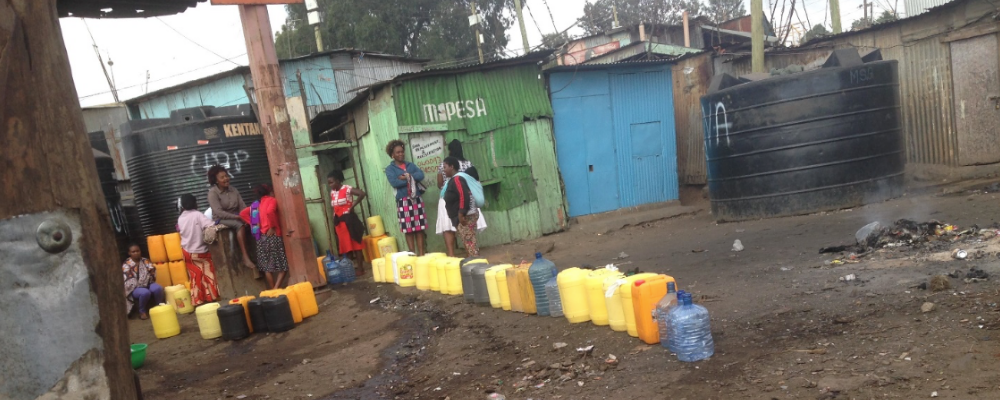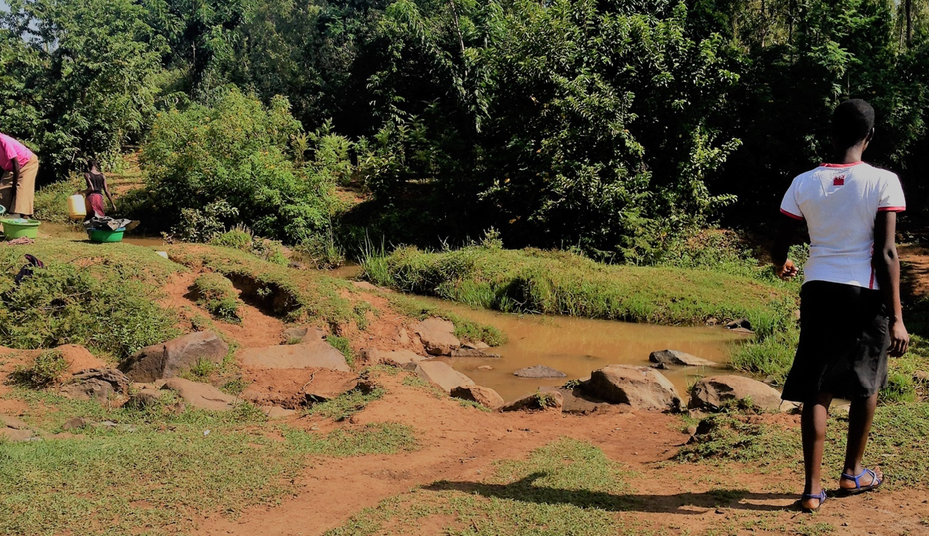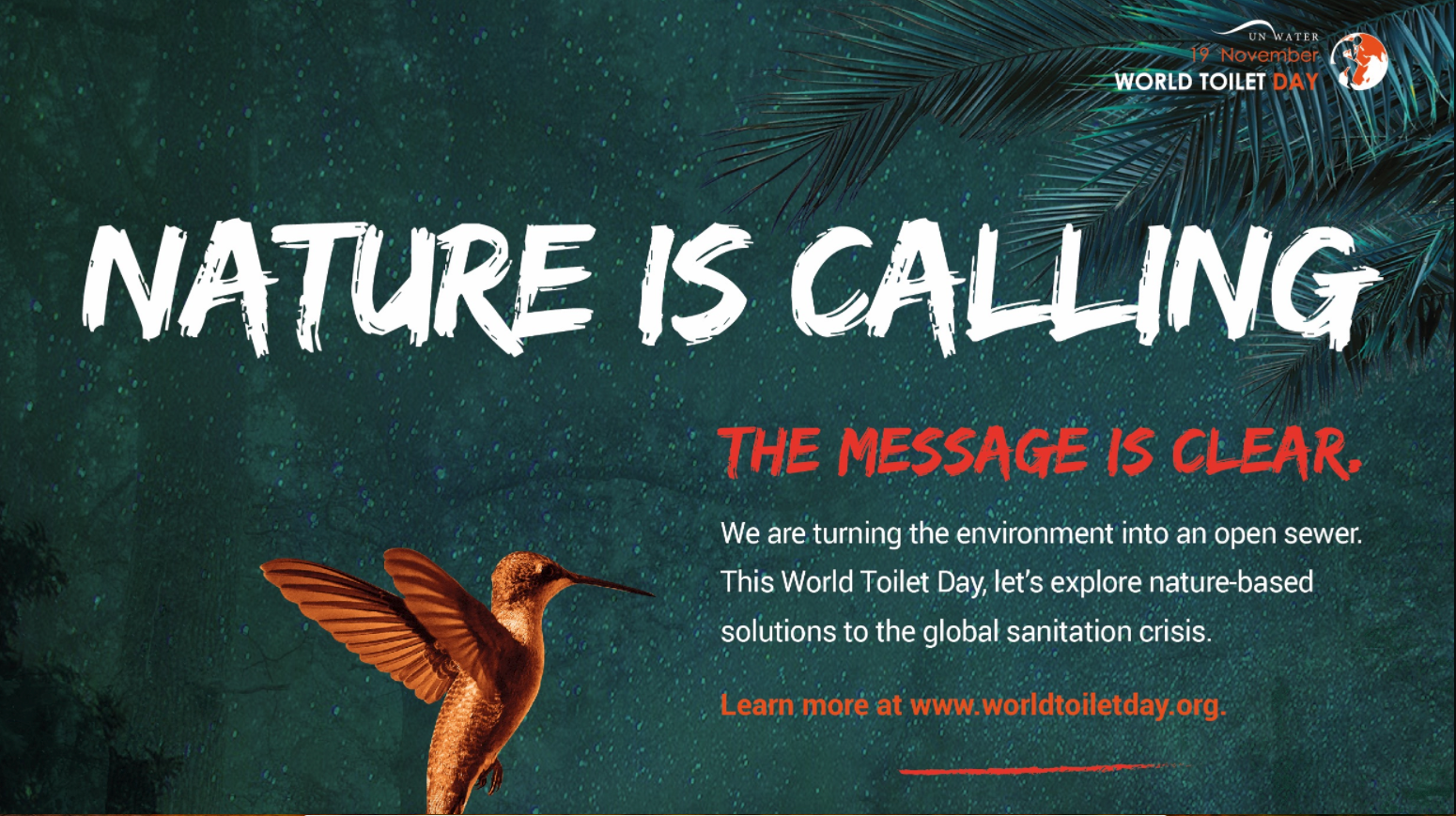Around 60% of the world’s population – 4.5 billion people – either have no toilet at home, or one that does not safely manage excreta. In a bid to help break taboos around toilets and make sanitation for all a global development priority, the United Nations General Assembly designated 19 November as World Toilet Day. This day is about inspiring action to tackle the global sanitation crisis.
Over 860 million people worldwide still practice open defecation. The impact of exposure to human faeces on this scale has a devastating impact on public health, living and working conditions, nutrition, education and economic productivity across the world.

PhD Candidate in Health and Geography and QES Scholar Elizabeth Opiyo Onyango works with Water Institute member Susan Elliott, and is exploring how people socially construct, define and perceive societal and individual health and satisfaction with life in the global south, specifically in Kenya.
“In today’s world characterized by climate change, challenges associated with water and sanitation are bound to worsen in economically poor areas,” said Onyango. “Addressing these issues require locally driven initiatives that are context-specific if we are to achieve universal and equitable access to safe and affordable drinking water (Target 6.1 of the Sustainable Development Goals), and adequate and equitable sanitation and hygiene (Target 6.2).”
Many who live in deprived settings with no access to adequate water and sanitation spend much of their day collecting water – a responsibility that is borne by women, girls and children in most communities. These individuals are forced to interrupt their daily activities by waking up in the early hours of the morning or late hour of the evenings to go collect water, often compromising their safety to do so.

“Many walk at least one hour, to and from, the water point,” said Onyango. “In times of water scarcity, school absenteeism also increases either because of water-related diseases or because children take part in water collection which occupies much of their day.”
This year’s theme for World Toilet Day is “When Nature Calls,” referring to nature-based sanitation solutions that can harness the power of ecosystems to help treat human waste safely return it to the environment. One example of a nature-based solution is composting latrines that capture and treat human waste on site, producing a free supply of fertilizer to help grow crops.

“This is a great theme for an important issue that requires open discussion,” said Onyango. “By having such a theme, we are creating a conducive environment for discussions around taboo topics such as menstrual hygiene, defecation, and sanitation all over the world.”
To learn more about World Toilet Day and the global sanitation crisis, visit the UN’s website.
To learn more about how the University of Waterloo is helping us reach the Sustainability Development Goal (SDGs) visit the SDGs Network Canada website.